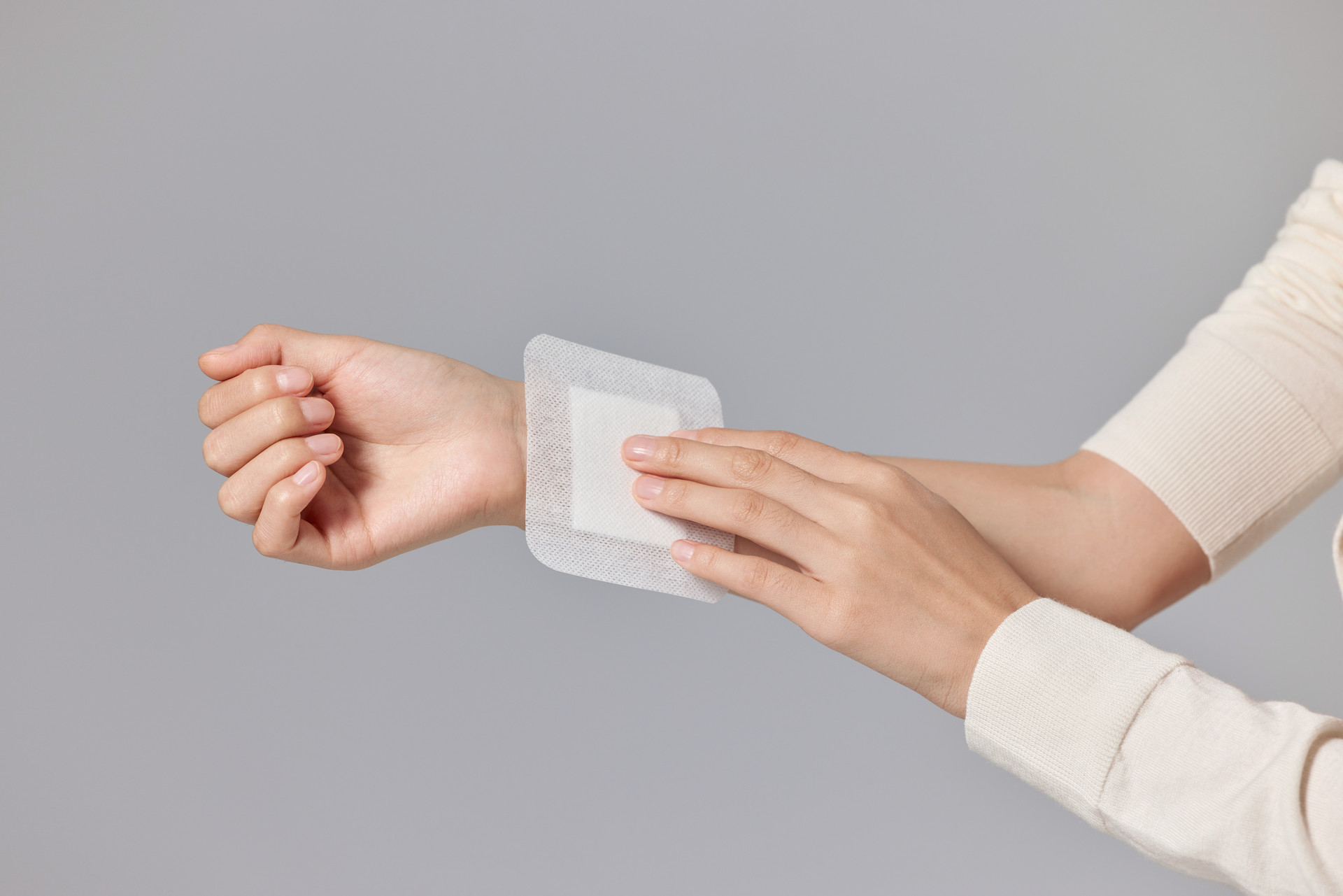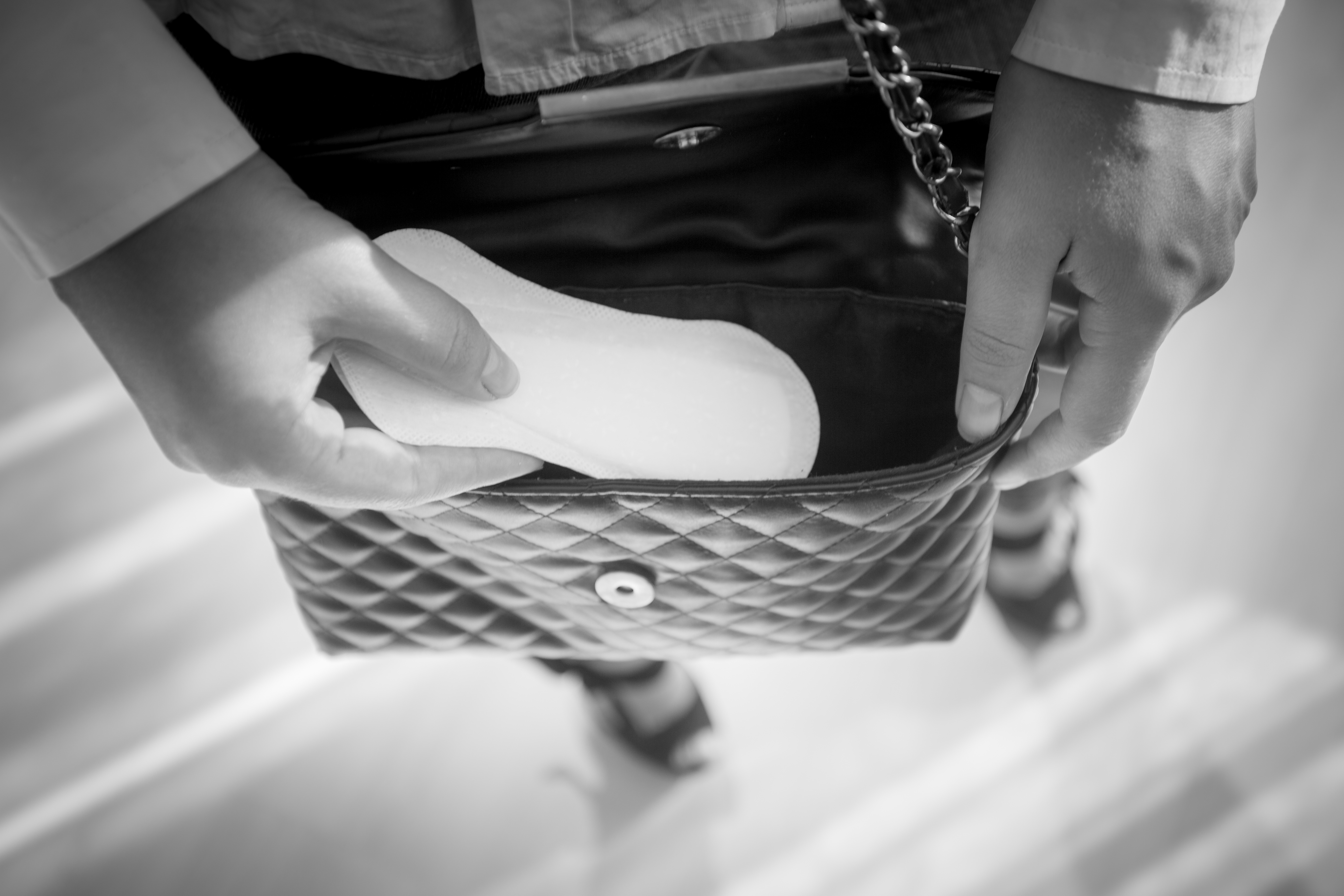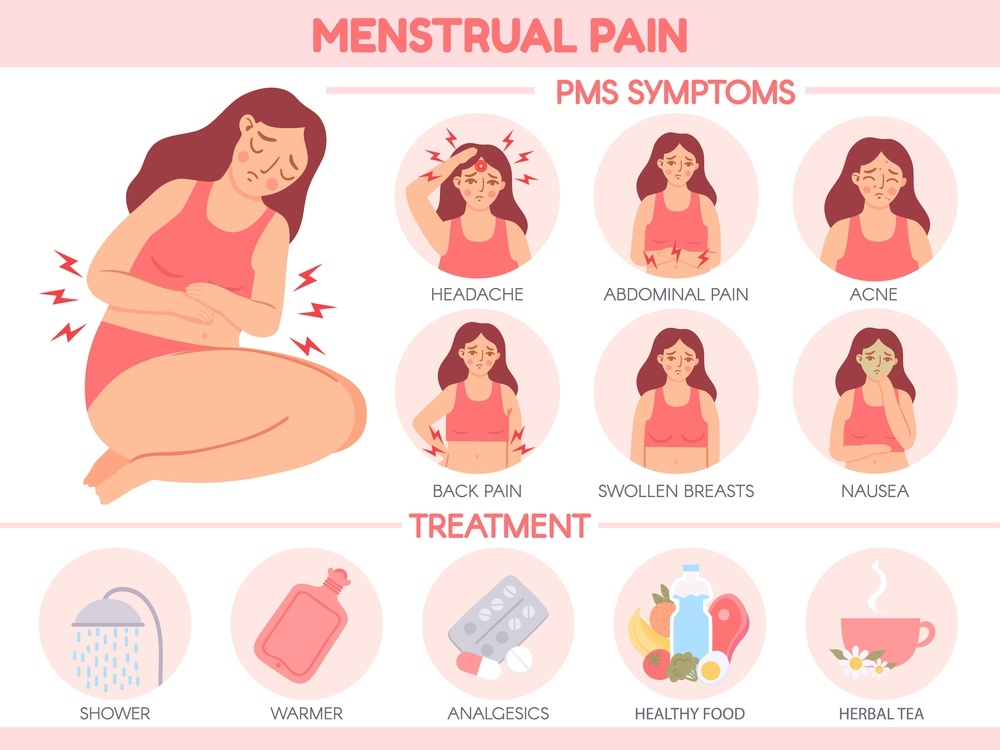
Since the beginning of the dog days, many lactating women have developed breast diseases due to excessive supplementation or lack of hygiene. Experts remind that postpartum supplementation should be seasonal, and hygiene should also be adjusted according to the season.
Avoid excessive supplementation during the dog days
Breast milk is the most suitable and ideal nutritional food for infants. It is the most suitable natural nutrition product for infants under 6 months old, as it contains various nutrients that are the most suitable for infant digestion and absorption, and has the highest biological utilization. In addition, breast milk contains abundant anti-infection substances, which can protect infants from getting sick. At the same time, breastfeeding is also very beneficial for promoting parent-child relationship and postpartum recovery of mothers. With the popularization of the concept of "breastfeeding is good", many mothers have chosen to breastfeed their children and try their best to provide them with more sufficient and high-quality breast milk, leading to the idea of "supplementing as much as possible". However, some supplementation methods may have a counterproductive effect if not appropriate.
Traditional Chinese medicine emphasizes adapting to changes in weather, geographical location, and individual constitution when preventing and treating diseases. In the summer of the southern region, for new mothers with good physical conditions, there is no need to frequently cook soups or tonic meals for supplementation. Instead, it is recommended to choose common milk-boosting soups such as luffa with silver carp and red dates, pasque flower with silver carp, and peanuts with fish tail. "Luffa and pasque flower have the effect of unblocking the mammary glands. In hot weather, when there is less body moisture and higher milk concentration, the milk ducts are prone to blockage. Eating these soups can unblock the milk ducts." For new mothers who have experienced heavy bleeding after childbirth and are weak and anemic, they can add nourishing herbs to the soup as needed. As for the famous ginger vinegar stewed pig trotters that are said to be essential during the confinement period, they have the effect of helping uterine contraction and can be eaten in small amounts, but not too much.
Lactating women should pay attention to a balanced diet and not just eat meat. They should also eat vegetables and fruits in moderation. "If you only eat meat, the protein concentration in breast milk will be too high, which can easily cause breast duct blockage or constipation in adults, and can also cause digestive problems in infants. A balanced diet is the key to ensuring the quality of breast milk." She also mentioned that new mothers do not need to rush to supplement during the summer. Adjusting the supplementation menu according to personal constitution in the autumn and winter seasons can also be effective. "For example, danggui lamb soup is beneficial for milk production and body conditioning. Consuming it in the autumn and winter seasons can have a good effect."
Hygiene precautions for breastfeeding during the dog days
The weather during the dog days is hot, and lactating women sweat a lot. If they do not pay attention to nipple hygiene, bacteria can easily grow. Bacteria can enter the breast through the nipple pores and cause nipple inflammation, or they can directly enter the baby's stomach. Many elderly people teach new mothers to apply a layer of breast milk on the nipples after breastfeeding to prevent nipple cracking. However, experts say that this practice is not recommended in the southern region, especially in the summer. "The hot and humid weather can cause breast milk to spoil and smell when exposed to room temperature for a long time. Adding the mother's sweat will only provide a breeding ground for bacteria."
In view of the characteristics of the dog days, experts have listed several tips for breastfeeding cleanliness and hygiene.
1. Choose breastfeeding bras with good breathability. If there is a tendency for milk leakage, it is recommended to change them frequently.
2. It is not recommended to use breast pads because they are too thick and not breathable. However, if going out, to prevent embarrassment caused by milk leakage, they can be used for a short period of time, but it is recommended not to exceed two hours.
3. Before and after breastfeeding, clean the nipples with warm water and try to keep them dry.
How to prevent changes in body shape
Many new mothers worry that their body shape will change after breastfeeding. Experts say that as long as postpartum recovery and breastfeeding are done correctly, there is no need to worry excessively about breast sagging and shrinkage. She said that female breast development goes through three stages: adolescence, pregnancy, and breastfeeding. "During breastfeeding, the stimulation will fully develop the mammary glands, so the breasts of many middle-aged women will look rounder and fuller than those of teenage girls." She also explained that after weaning, due to the lack of stimulation of the nipples, the decline of prolactin secretion, and the incomplete recovery of ovarian function and insufficient secretion of sex hormones, the glandular tissue gradually undergoes degenerative changes. The milk stored in the alveoli and ducts gradually gets absorbed, and most of the alveoli start to rupture, which easily leads to the shrinking and thinning of the ducts. If there is no obvious proliferation of breast interstitial tissue, it will cause breast sagging and even shrinkage.
To prevent breast sagging, the following points should be noted:
1. Pay attention to sufficient rest after childbirth, allowing the body to recover quickly. Supplement sufficient nutrition during breastfeeding and avoid rapid weight loss in a short period of time.
2. Breastfeed for an appropriate amount of time, depending on the mother's constitution. For mothers with a weak constitution, breastfeeding for 3 months to 6 months is recommended, while for mothers with a strong constitution, it is recommended to breastfeed for 8 months to one year.
3. Alternate breastfeeding between both nipples.
4. Exercise regularly during breastfeeding, wear properly fitting and breathable bras, and engage in activities such as swimming and chest expansion exercises to keep the breasts firm, delay breast shrinkage, and prevent breast sagging.
5. For working mothers, empty the breast milk regularly. Long-term engorgement not only affects the concentration of breast milk, but also causes ligament relaxation due to excessive breast enlargement.
What to do if conditions for breastfeeding are insufficient
Although breastfeeding has many benefits, for mothers with congenital deficiencies in their breasts, such as small or inverted nipples, and lack of normal milk duct system support for breastfeeding, they should not insist blindly. "If there is no normal passage for breast milk to be discharged smoothly, it is extremely easy to induce mastitis or even suppurative mastitis when the milk engorges severely. These mothers need to seek guidance from specialized doctors and "dry up" the milk as early as possible." The expert said that although some mothers have small or inverted breasts, they can still discharge milk normally, so it is recommended that women undergo breast examinations before pregnancy and let doctors help with early evaluation.








